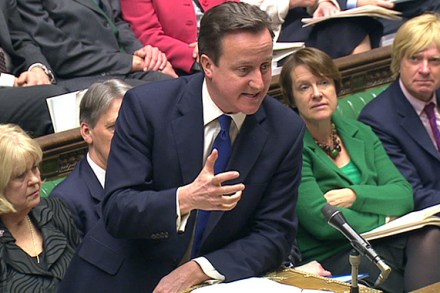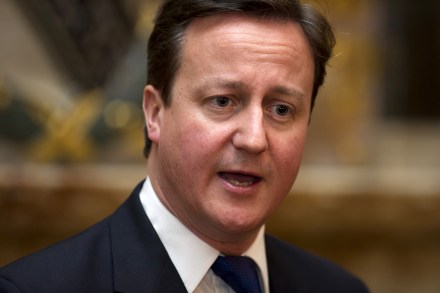Nick rises to Harriet’s limp challenge
Basketball in America. Netball at PMQs. Harriet Harman, Labour’s venerable form-prefect, took her leader’s place today and lobbed a few rubbery missiles at the PM’s under-study, Nick Clegg. It came down to arithmetic. Even if Hattie had stormed it at PMQs she had no hope of reviving her extinct career. But Clegg has it all to play for. He was ready for it too. Assured, combative and well-briefed, he filled his replies with fresh, punchy rhetoric. (Mind you, his match-fit performance should be credited to his party activists. Clegg must have spent the last 22 months fielding nasty questions from chippy wonks at Lib Dem constituency meetings.) Hattie tried to








